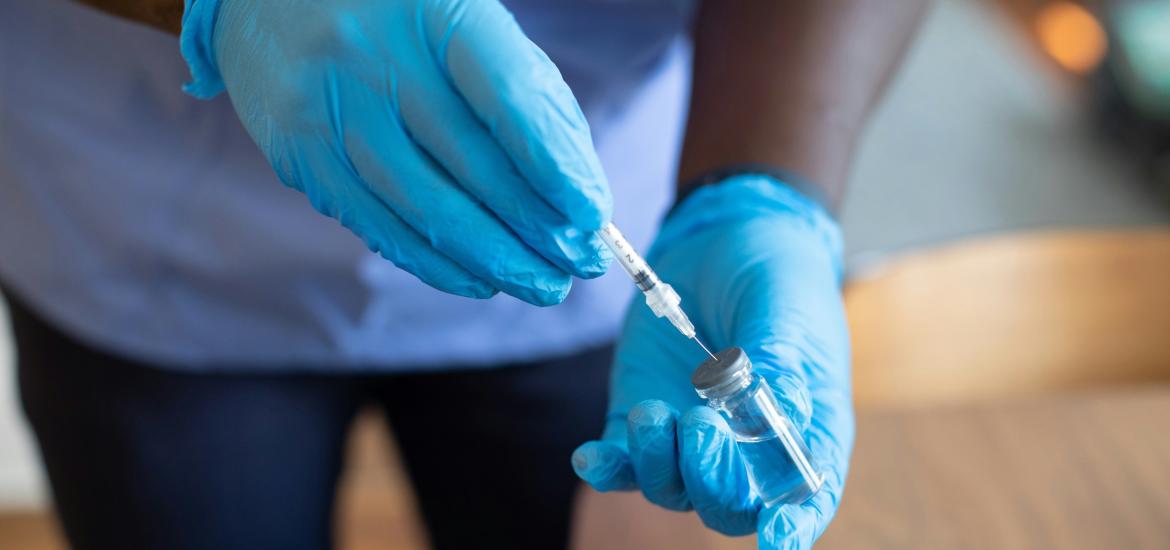
In vivo Car-T gains traction
Clinical expansion shows regulators getting comfortable with in vivo-generated cell therapy.
Clinical expansion shows regulators getting comfortable with in vivo-generated cell therapy.

Just as analysts at Evercore ISI were saying in vivo Car-T was going be an emerging theme in 2025, the year has kicked off with a flurry of developments. On Wednesday the private Belgian company EsoBiotec said the first multiple myeloma patient had been dosed with its Pregene-partnered anti-BCMA construct ESO-T01.
Shortly before that Interius BioTherapeutics received approval to expand its phase 1 trial of INT2104 into Germany, and Umoja moved its second asset, UB-VV400, into the clinic. The latter company has seen big pharma interest, with AbbVie buying rights to opt in to its lead in vivo Car, UB-VV111, a CD19-directed project.
UB-VV111 started its first-in-human trial in CD19-positive B-cell cancers last November, a month after Australia's Interius became the first company to begin human trials of an in vivo Car, the anti-CD20 construct INT2104.
Now both have moved on quickly, with Umoja ending 2024 with the start of phase 1 for a separate pipeline project, UB-VV400 (anti-CD22, also in B-cell malignancies), and Interius kicking off 2025 with approval to expand the Invise trial of INT2104 into Germany.
Invise dosed its first patient at an Australian centre, and the green light just received from the Paul Ehrlich Institute, a German federal agency, means that patients can now be treated in Germany. This will make INT2104 the first in vivo Car-T therapy to be evaluated in Europe, Interius says.
Another first
Meanwhile, EsoBiotec has claimed another first, with dosing of the first patient in an investigator-sponsored Chinese trial making ESO-T01 the first anti-BCMA in vivo Car-T therapy worldwide to enter the clinic.
ESO-T01 is based on an autologous, ex vivo anti-BCMA construct originated by China's Pregene Biopharma under the code PRG1801. The two companies tied up late last year, with Pregene reatining China rights to the in vivo project, which it codes PRG2402.
Most in vivo Car-T projects use a lentiviral vector to deliver the Car construct to a particular cell type, but the Car-T cells are then generated in a patient's body, rather than using the typical ex vivo method involving apharesis, external manufacturing and cell reinfusion. A key advantage is the potential to develop an off-the-shelf product.
Other examples of big pharma interest include Novartis, which two months ago struck a deal with the private company Vyriad to discover and develop in vivo Car-T therapies, and Astellas working with Kelonia Therapeutics, another private US group that's active in this space. Kelonia is another player with an in vivo Car against BCMA, though its project, KLN-1010, is still preclinical.
This space has been in focus ever since Sana Biotechnology raised $676m in a 2021 IPO specifically backing its portfolio of in vivo Car-T projects. But none of these ever progressed beyond preclinical trials, and Sana shelved all this work in 2023 to focus instead on a more traditional Car-T approach.
Another player that's been in the spotlight of late, especially for Evercore analysts, is Capstan Therapeutics, but Capstan's initial focus, through its lead CD19-targeting project, CPTX2309, is autoimmune disease. A second, unnamed asset targets BCMA, and is said to have potential in oncology and autoimmune applications.
Selected companies working on in vivo generated Car-T for oncology
| Company | Project | Target antigen | Cells targeted | Note |
|---|---|---|---|---|
| Interius Biotherapeutics | INT2104 | CD20 | CD7+ve T & NK cells, lentivirus-delivered mRNA | Ph1 Invise trial, in CD20+ve B-cell lymphoma, started in Australia in Oct 2024; cleared to expand into Germany |
| Umoja Biopharma | UB-VV111 | CD19 | Lentiviral VivoVec tech delivers gene payload via CD3 | Licensed to AbbVie Jan 2024; ph1 Invicta-1 trial, in CD19+ve B-cell cancers, started in Nov 2024 |
| UB-VV400 | CD22 | Ph1 in B-cell malignancies started in Dec 2024 | ||
| UB-VV300/310 | CD20 | – | ||
| UB-VV500 | Undisclosed | Potential in multiple myeloma | ||
| EsoBiotec/ Pregene Biopharma | ESO-T01 | BCMA | Lentiviral vector delivered via a T cell-specific synthetic promoter | Based on Pregene construct PRG2402; ph1 China investigator-sponsored trial in multiple myeloma |
| Kelonia Therapeutics | KLN-1010 | BCMA | iGPS platform delivers gene via lentiviral vector | Kelonia has a discovery deal with Astellas; preclinical data at AACR 2024 |
| Capstan Therapeutics | Undisclosed | BCMA | CD8+ T cells, LNP-delivered mRNA | – |
| Orna Therapeutics | ORN-101 | CD19 | Circular RNA, LNP-delivered | Expected to enter clinic by 2026 |
| Vyriad/ Novartis | Undisclosed | Undisclosed | Lentiviral vector, possibly delivered via G proteins | Discovery deal signed Nov 2024 |
| Sanofi | 3 programmes | Undisclosed | CD8+ T cells | Revealed at Dec 2023 R&D day |
| Tessera | Undisclosed | Undisclosed | Undisclosed | Tech poster at ASGCT 2024 |
| Orbital Therapeutics | Undisclosed | Undisclosed | Undisclosed | – |
Source: OncologyPipeline.
1237













